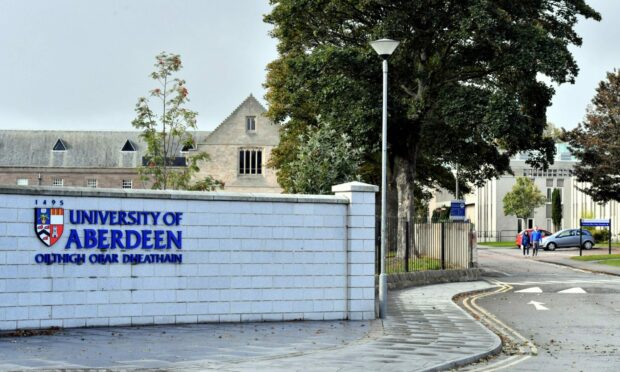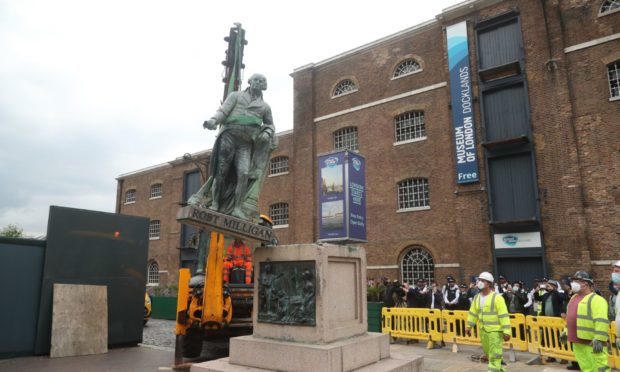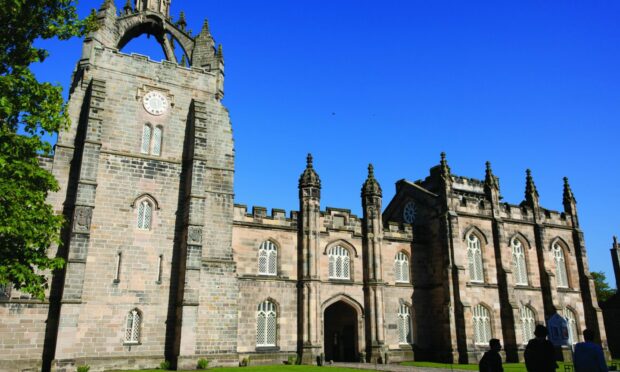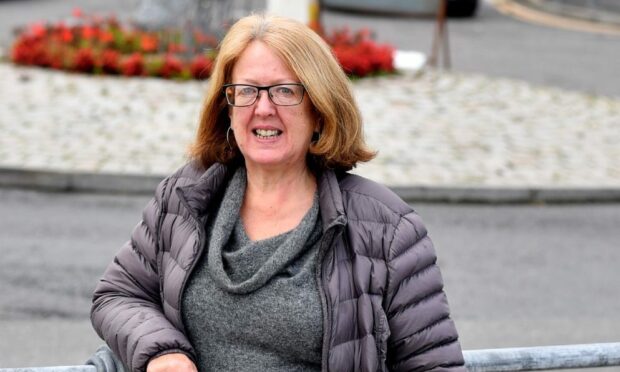Aberdeen University signalled it will review whether to continue appointing trustees to a local teaching fund created by a historic slave-trader.
The ancient institution is responsible for naming two of the 10 governors who oversee the Dick Bequest, which has been providing grants to teachers and schools in Aberdeenshire and Moray for almost two centuries.
The future of the £1.6 million fund was plunged into uncertainty a year ago when two historians linked the cash directly to the sale of enslaved Africans to Jamaican plantation owners.
Calls have been made for the money to be repatriated to the help today’s youngsters on the Caribbean island, but little progress has been made in deciding what to do next.
To try to break the deadlock, the historians urged the bodies involved to refuse to renew their appointments to the Dick Bequest trust.
They said the move would enable regulators to step in and determine the future of the fund.
Aberdeenshire Council heeded the call from David Alston and Donald Morrison at a meeting last week, opting not to reappoint its two trustees.
A spokesman for Aberdeen University has now suggested that it will consider whether to follow suit when when its nominations are due for renewal.
“The nature of the trust’s historical arrangement means that two of its governors are nominated by the university’s academic body Senate to serve multi-year terms, and we expect Senate to consider the matter when new appointments are required,” he said.
The spokesman added: “The university has made a commitment to investigate the legacy of historic slavery in the university and north-east Scotland and, as part of wider measures to tackle racism and create an anti-racist university, a two-year research project funded by the university began in 2020 with the appointment of a lecturer in the history of slavery.
“We recognise that many students who came to the university during the 19th century were able to do so because they were taught by those supported by the Dick Bequest and as such, acknowledge our place in its legacy.
“The work of David Alston and Donald Morrison is a valuable contribution to understanding how historic links to Caribbean slavery continue to affect the region and will contribute to the work of the University’s historic legacy of slavery advisory group in understanding and addressing that legacy.”
What are the slave trade links?
The Dick Bequest was established following the death in 1828 of Mr Dick, who left almost £120,000 for educational development in Aberdeenshire, Banff and Moray.
It continues to distribute grants to help teachers in the area develop their skills through travel or study, and also supports the purchase of school equipment.
The historians found that Mr Dick had a business partnership with Robert Milligan, whose statue was removed last year by the Museum of London from its plinth in London’s Docklands.
They were said to have been “slave factors”, who bought enslaved people from ships, and sold them to local enslavers or “re-exported” them to markets in other colonies.
Ellon councillor Isobel Davidson had served on the trust until Aberdeenshire Council’s decision last week.
She said: “Most of the money from the slave trade came back to the UK and was spent on buildings or land. This is unique because it’s a fund.
“It may seem a little unfair, but I think it has probably come to the end of its time.
“Perhaps it is time to wind it up.”



